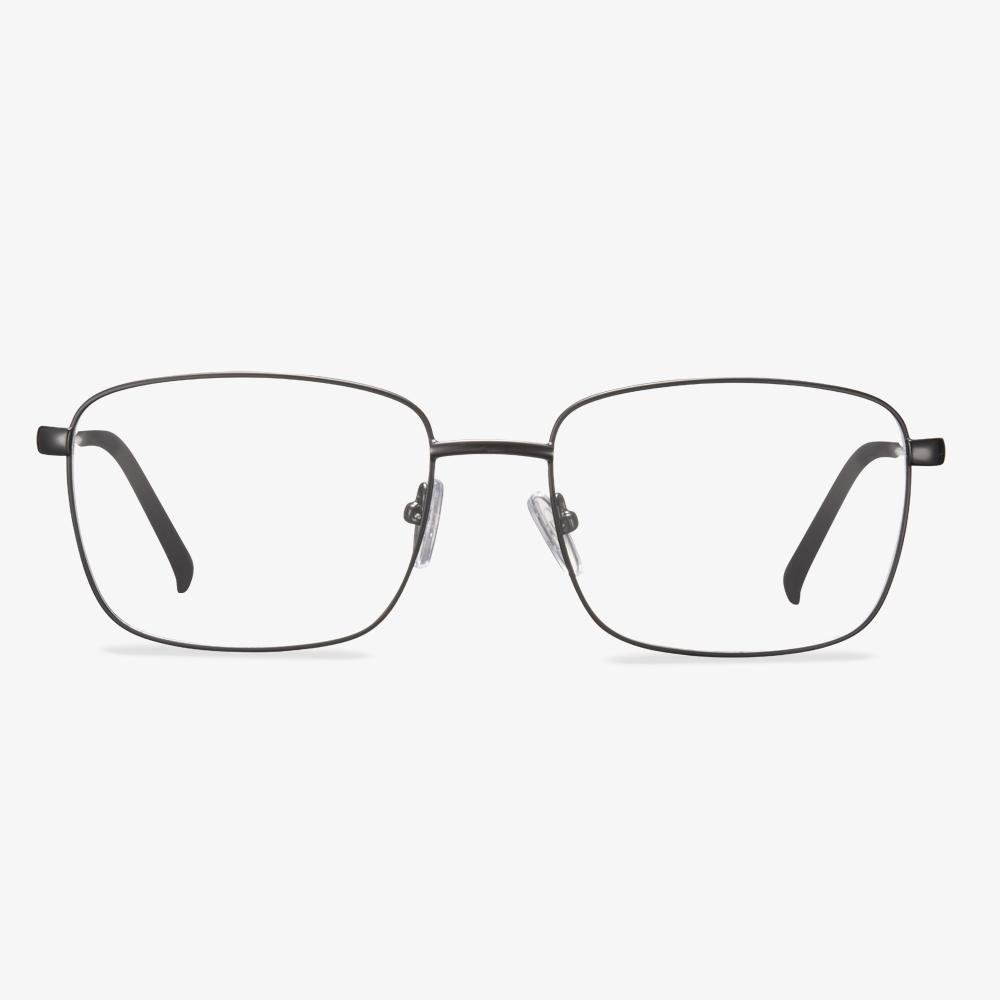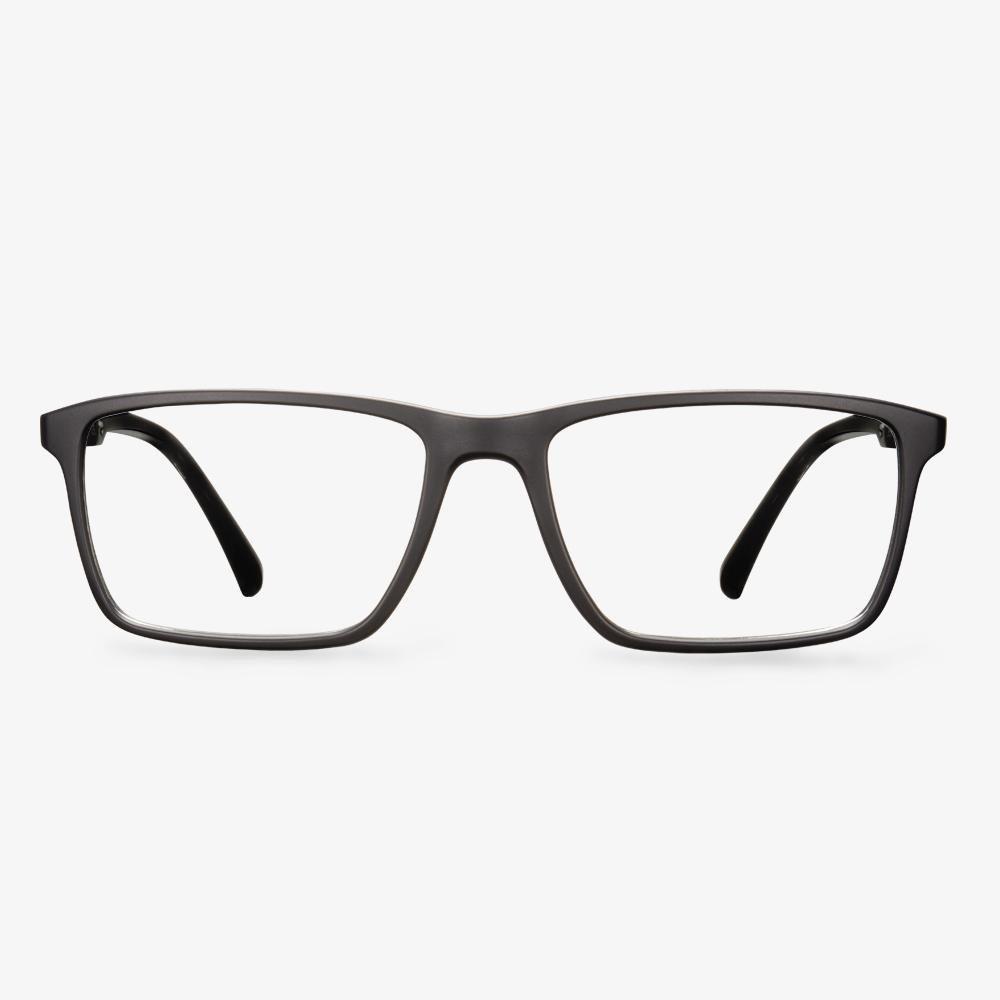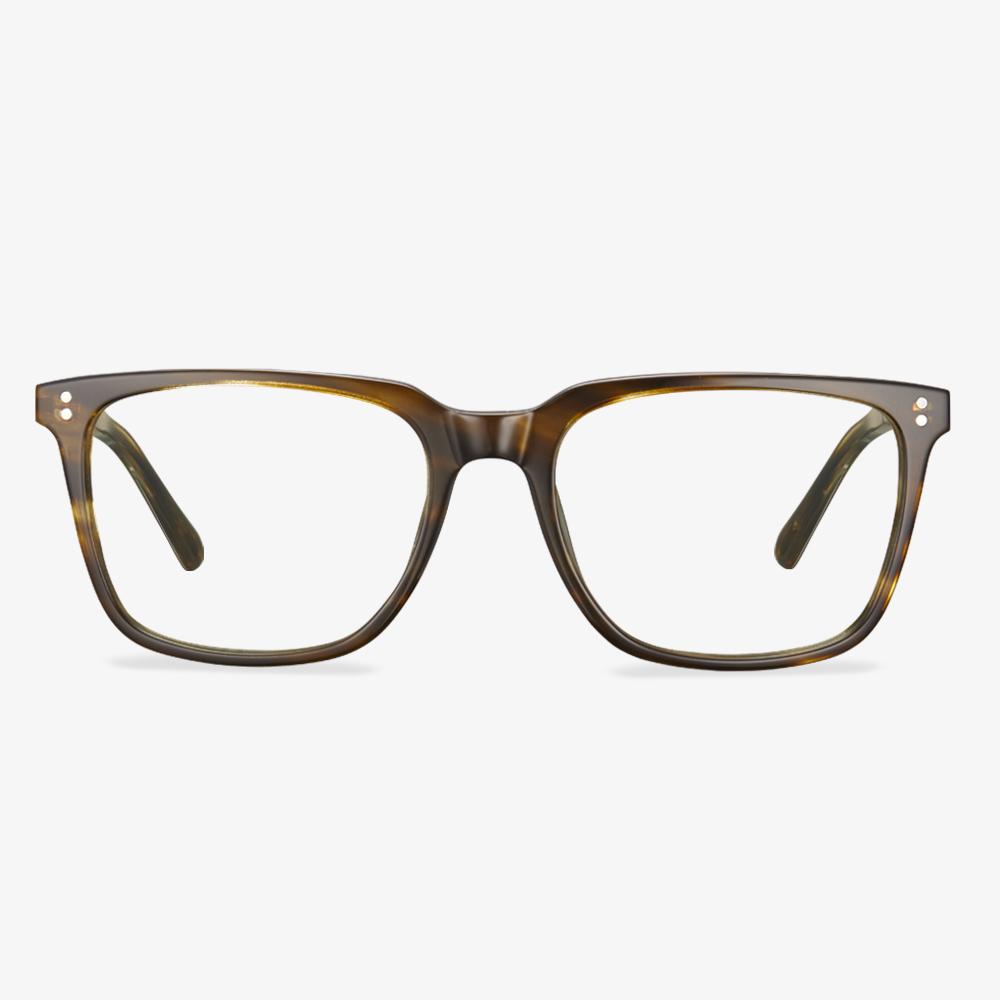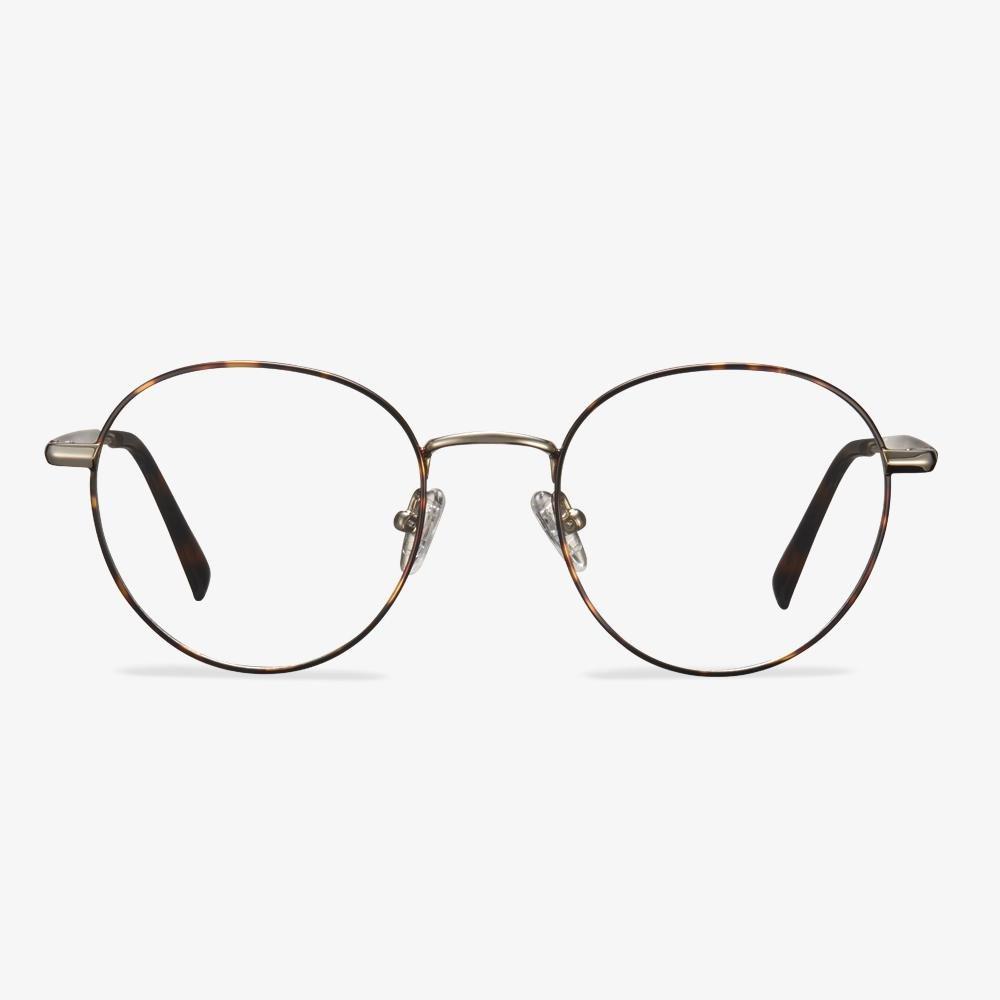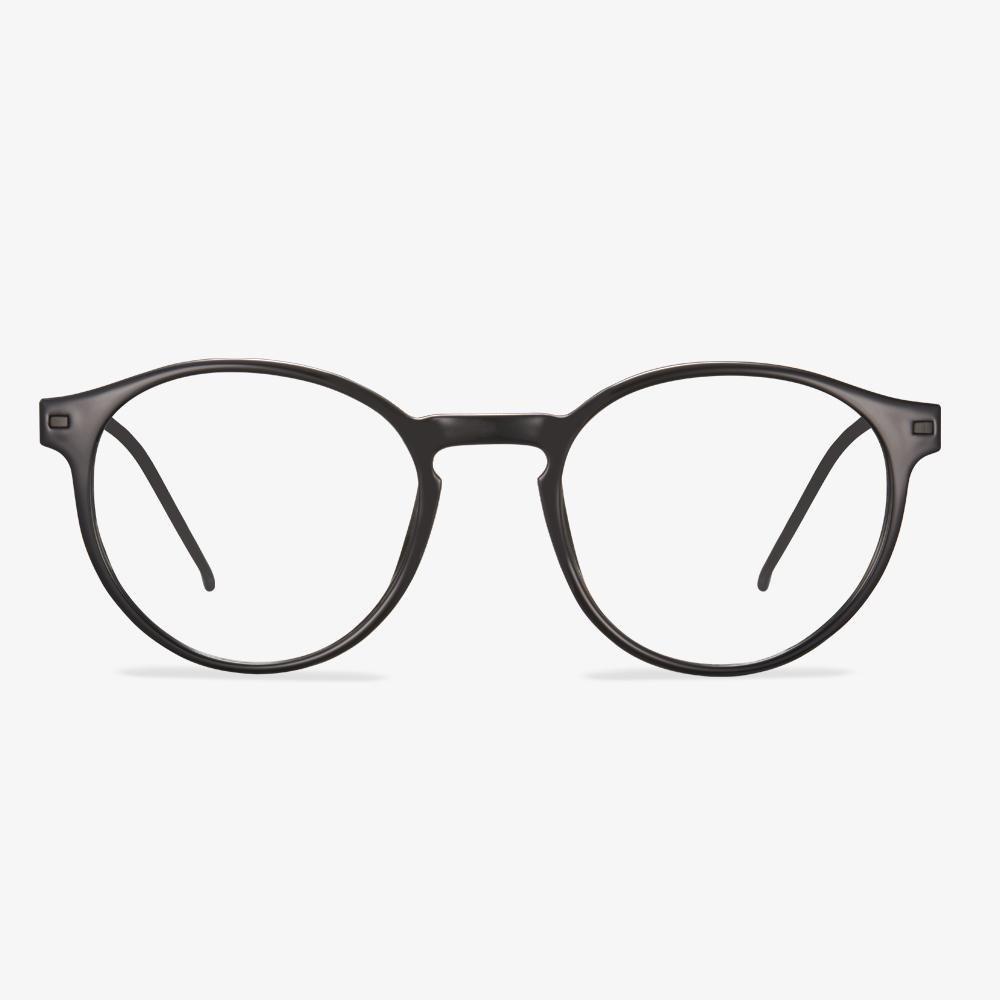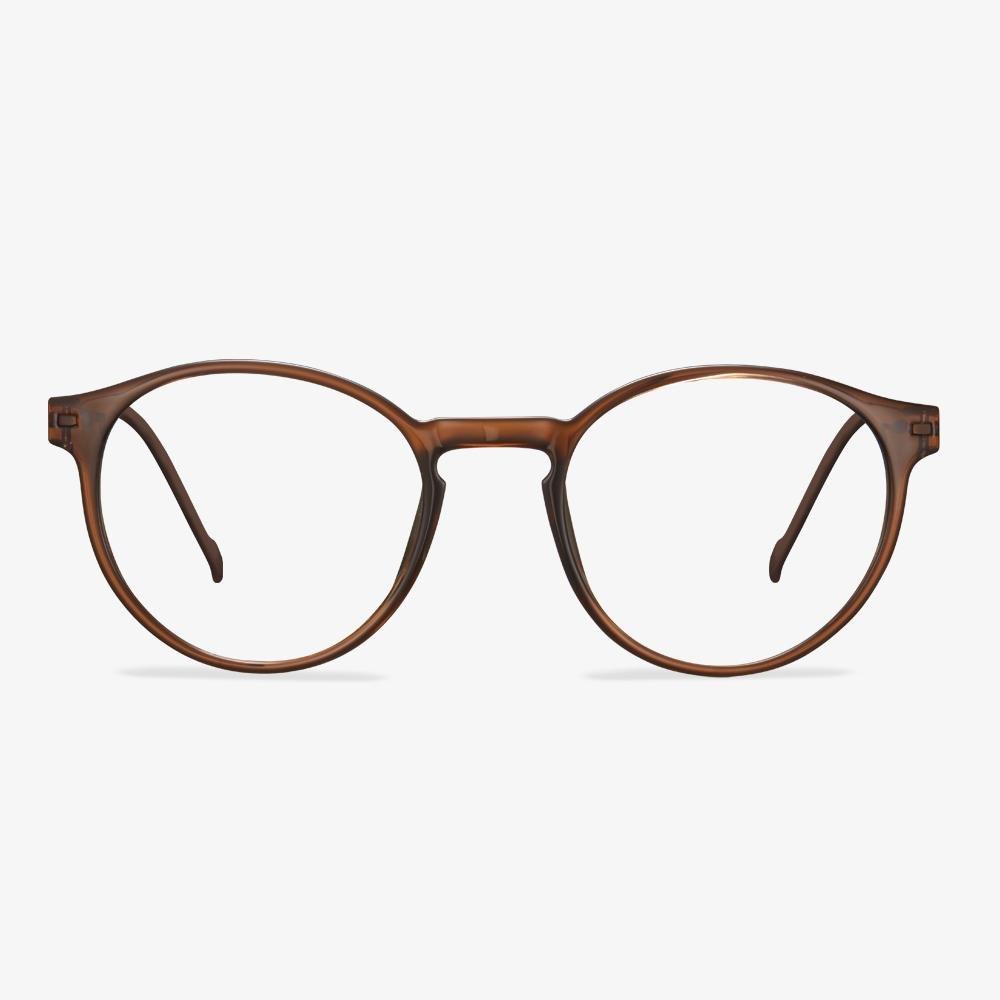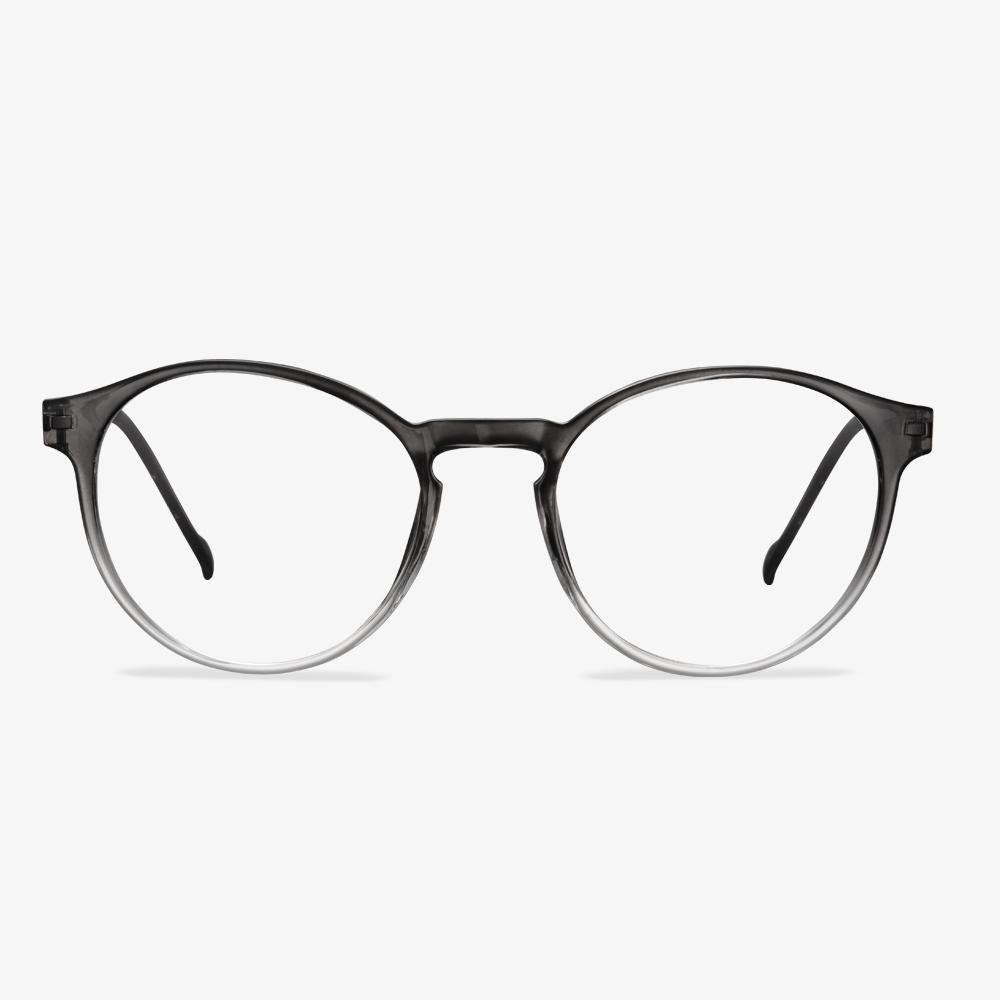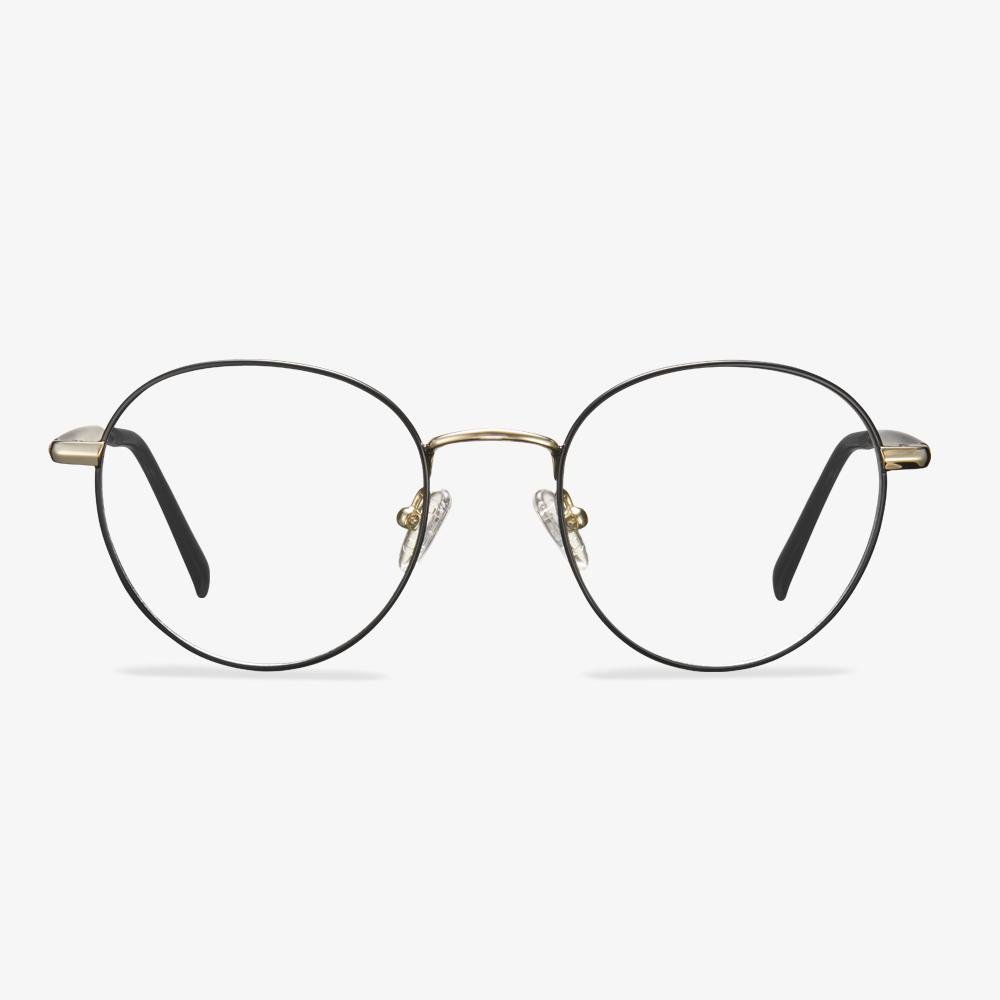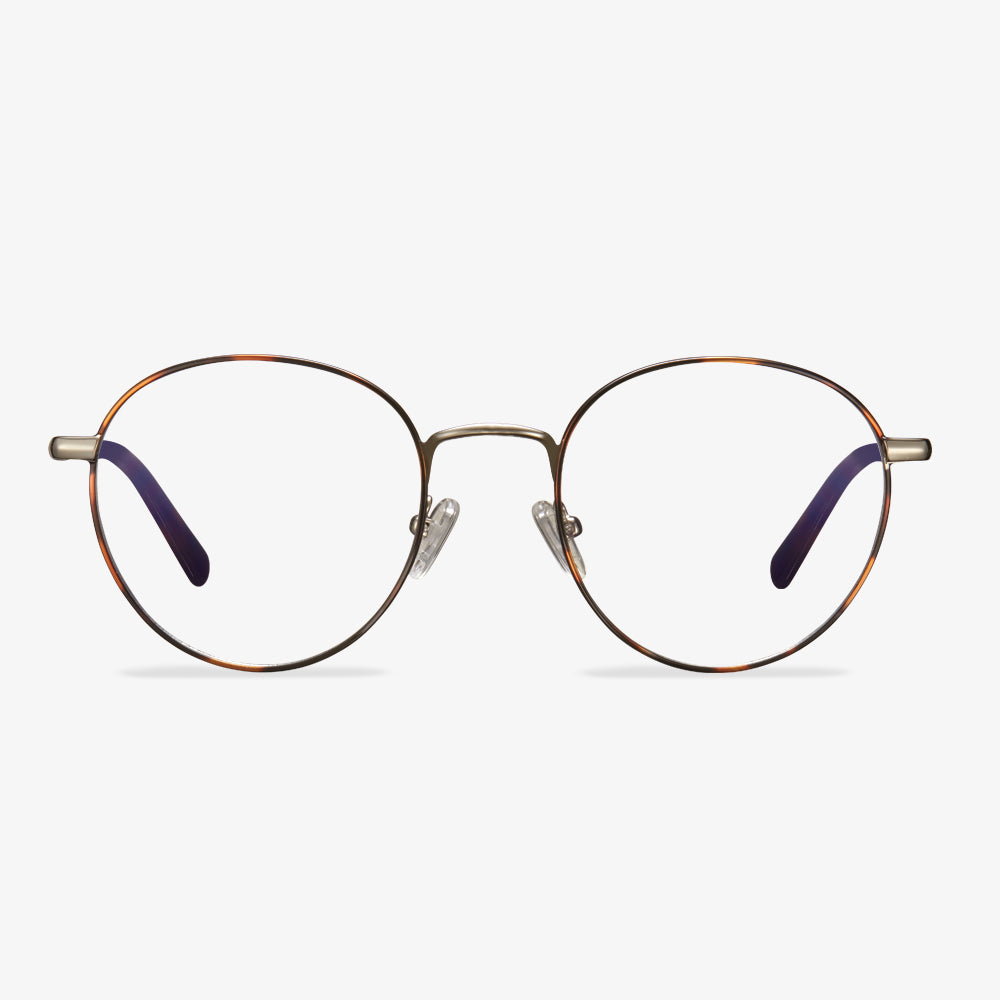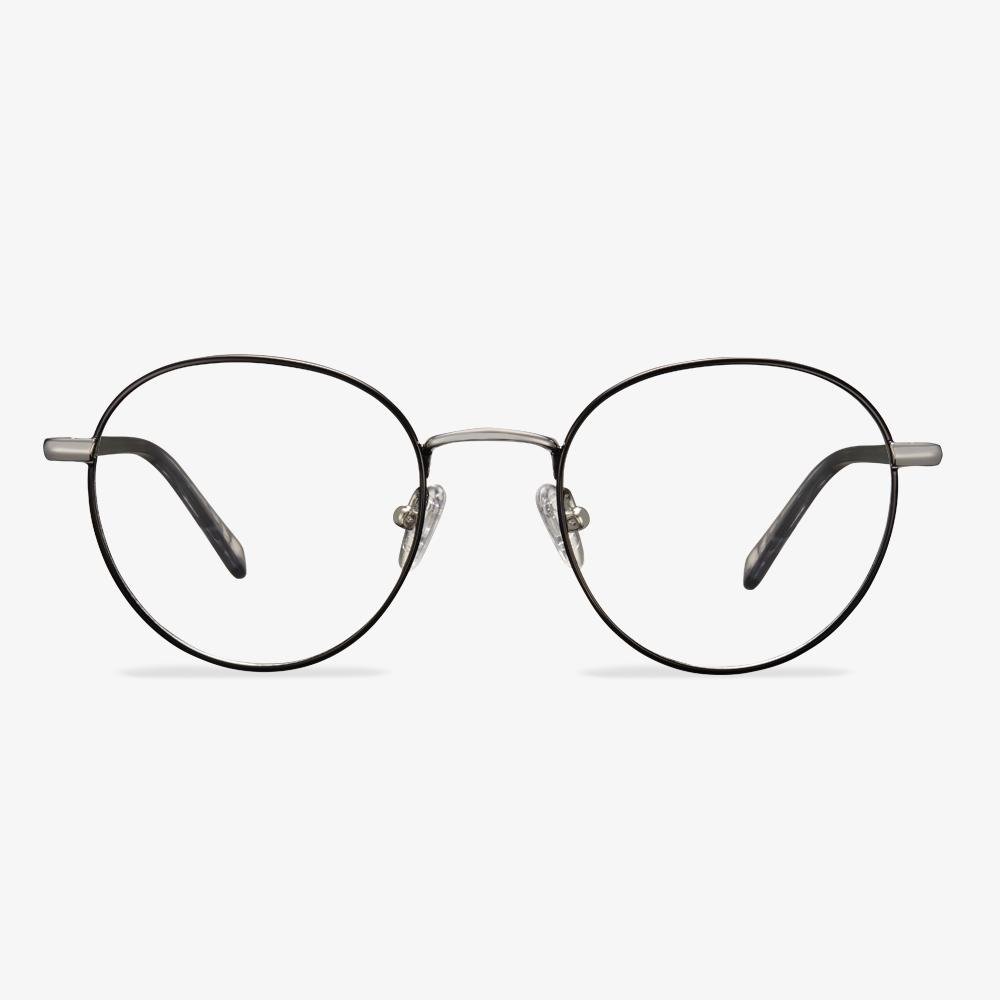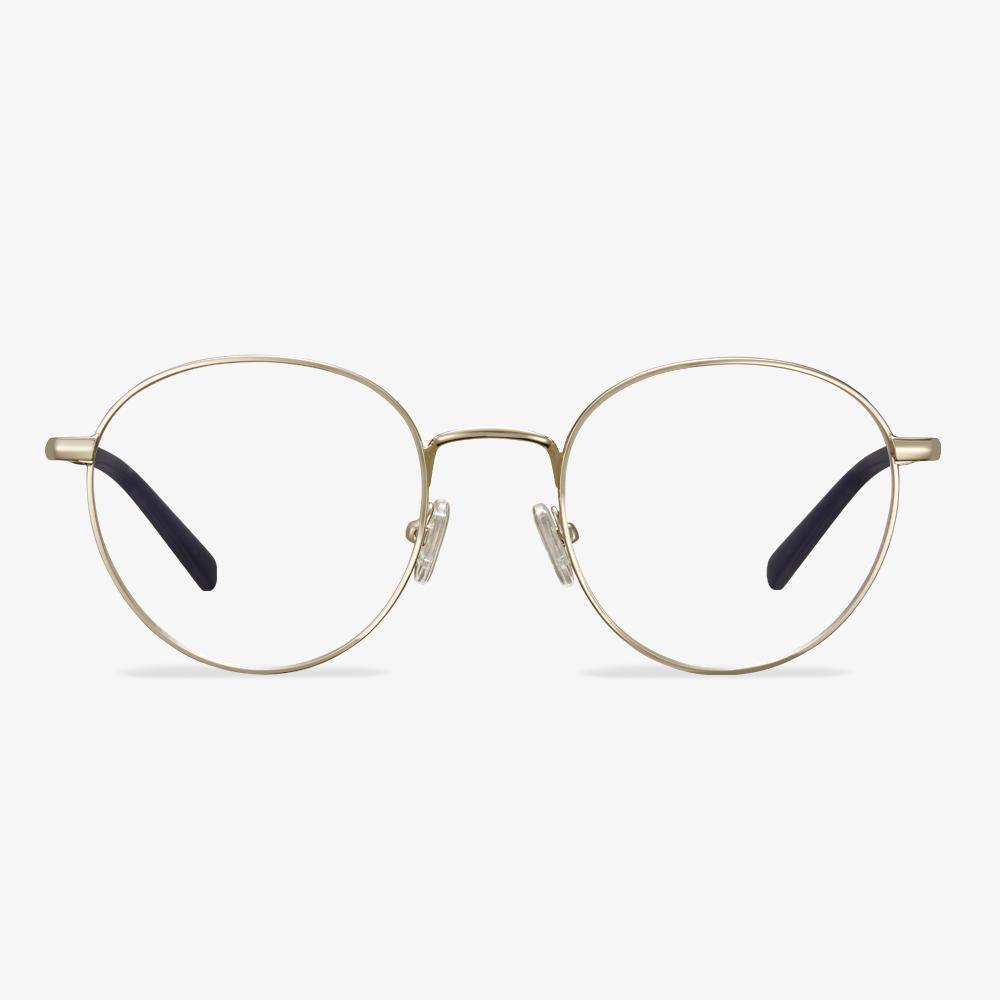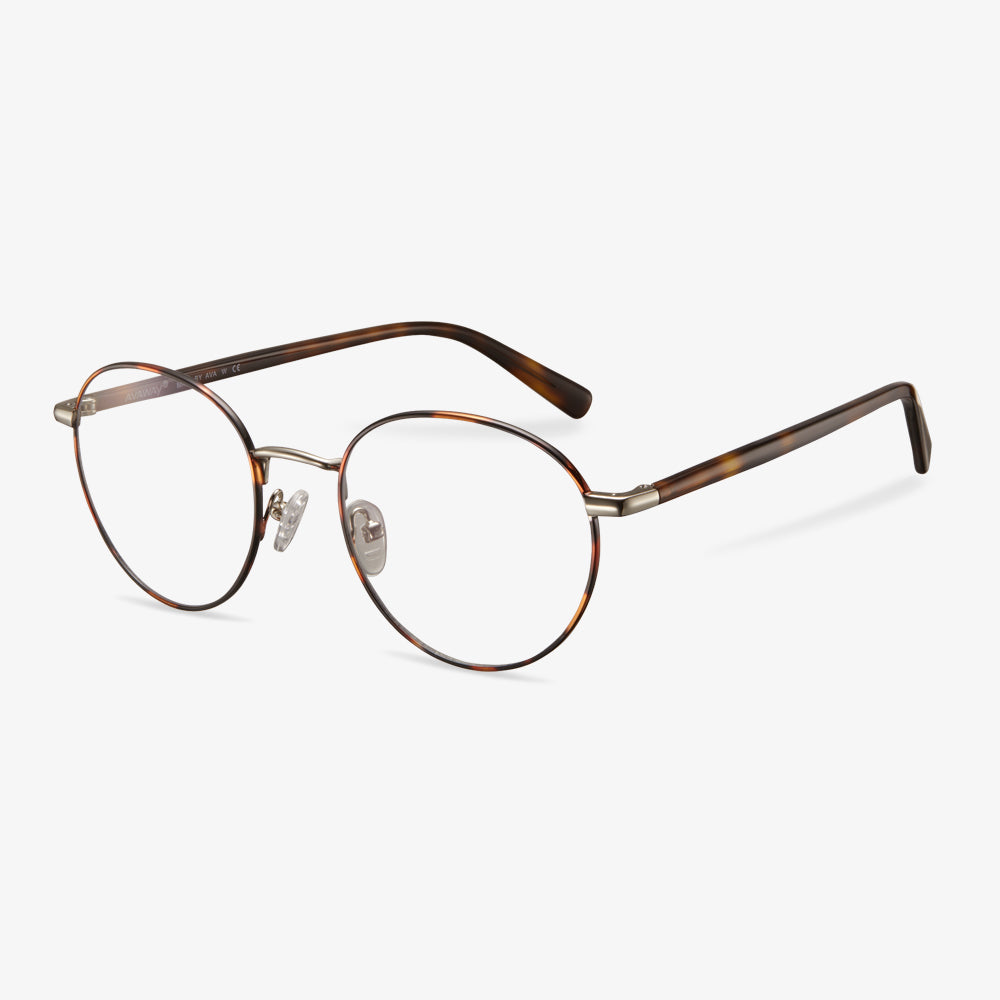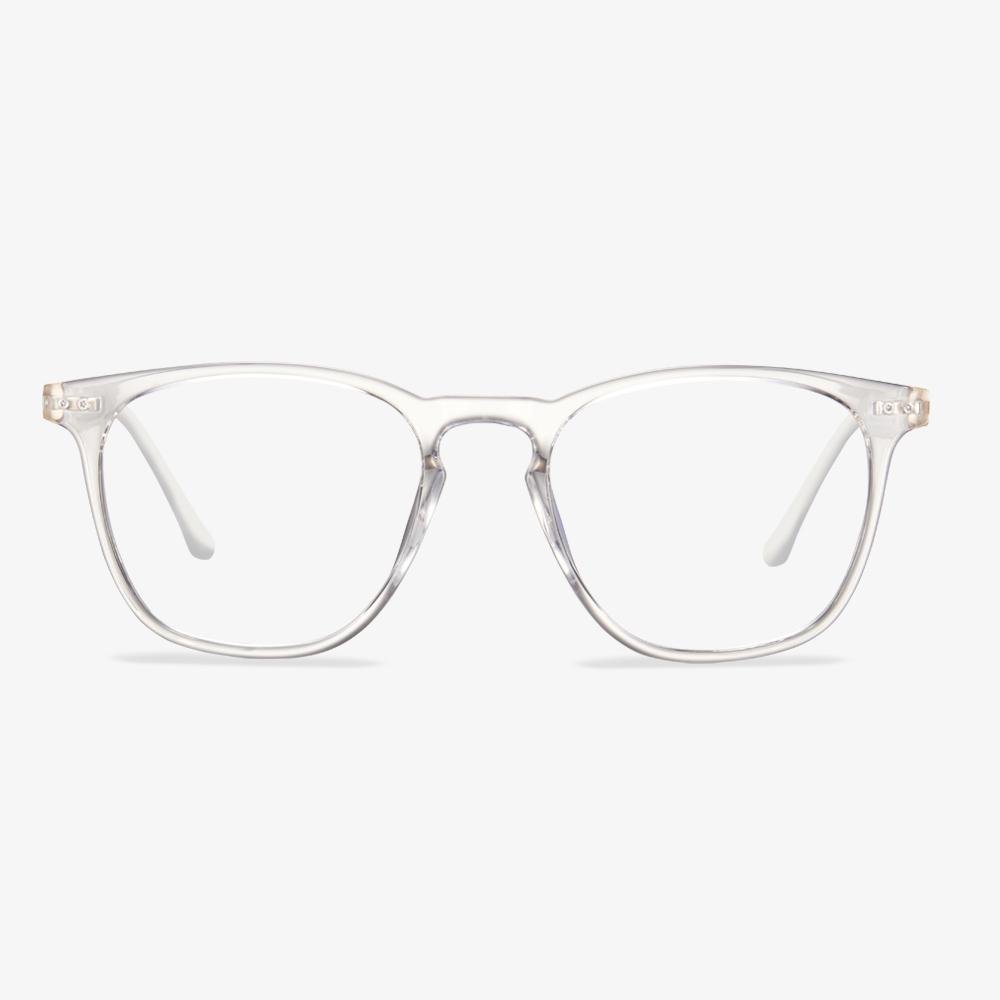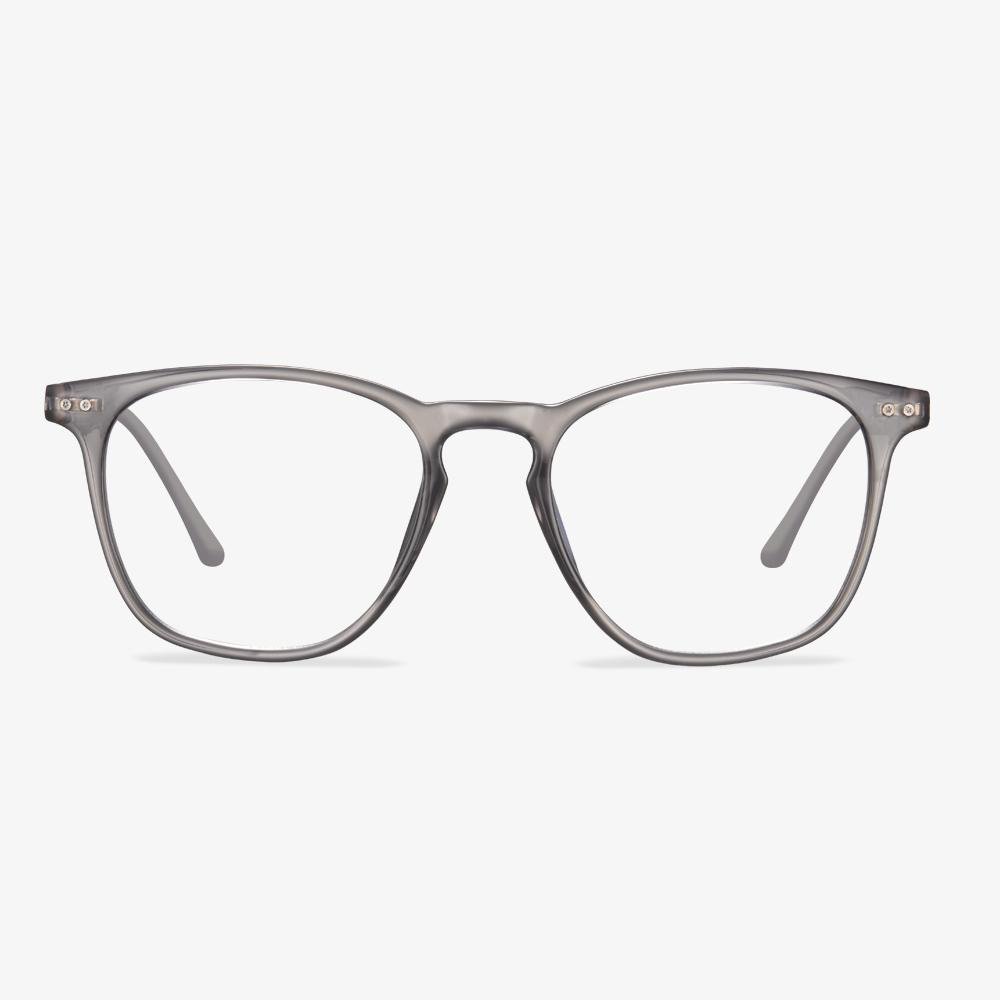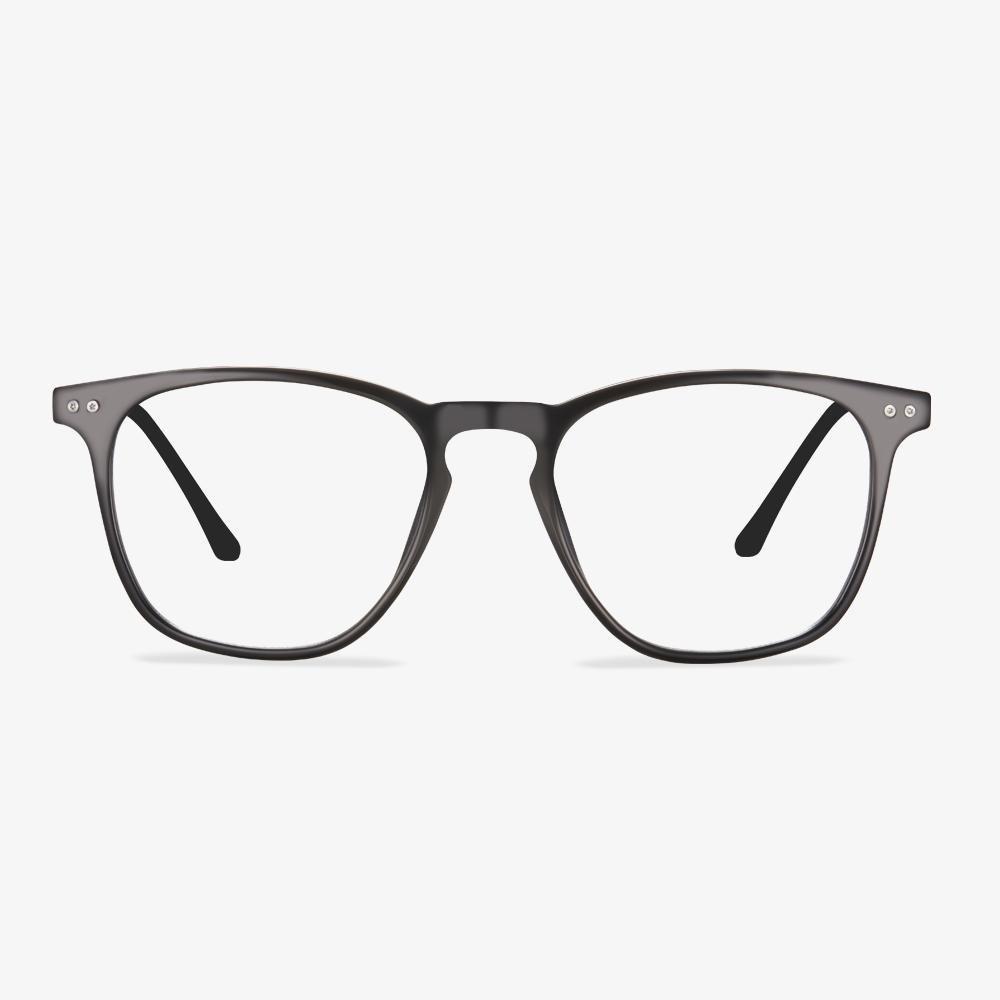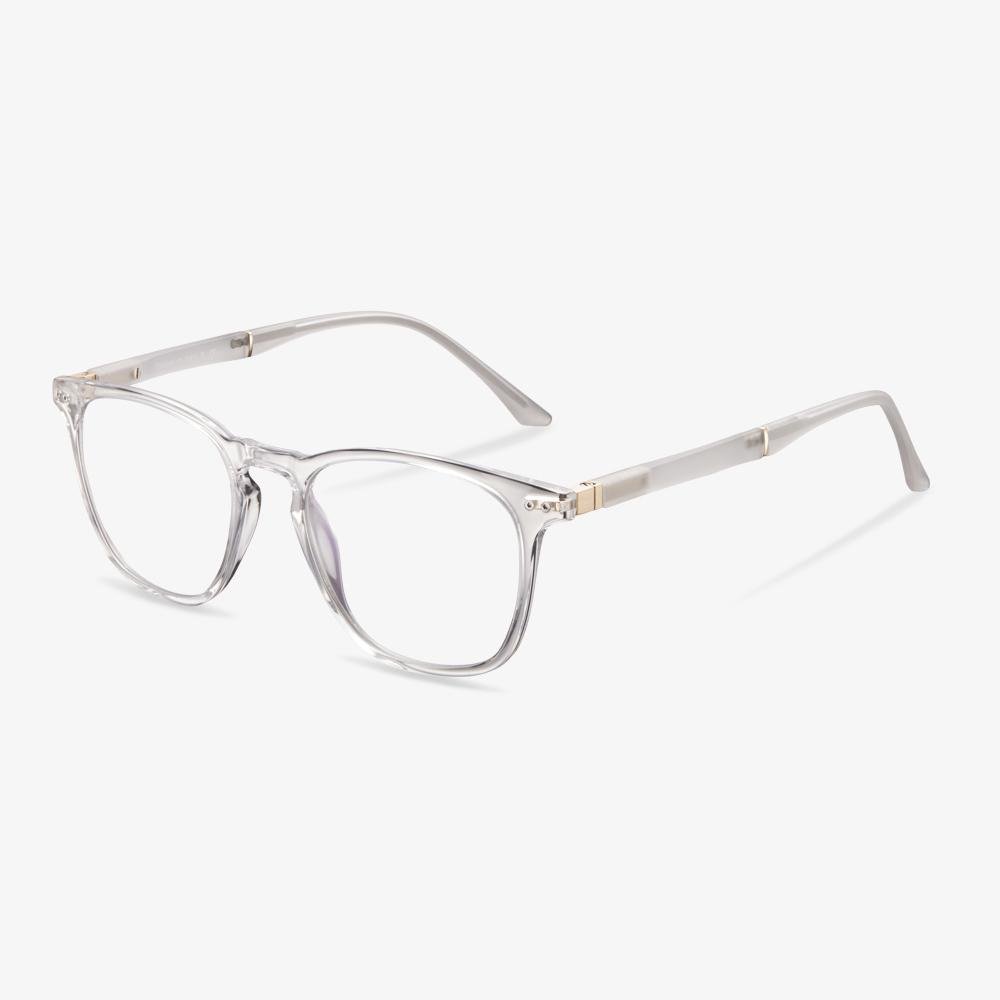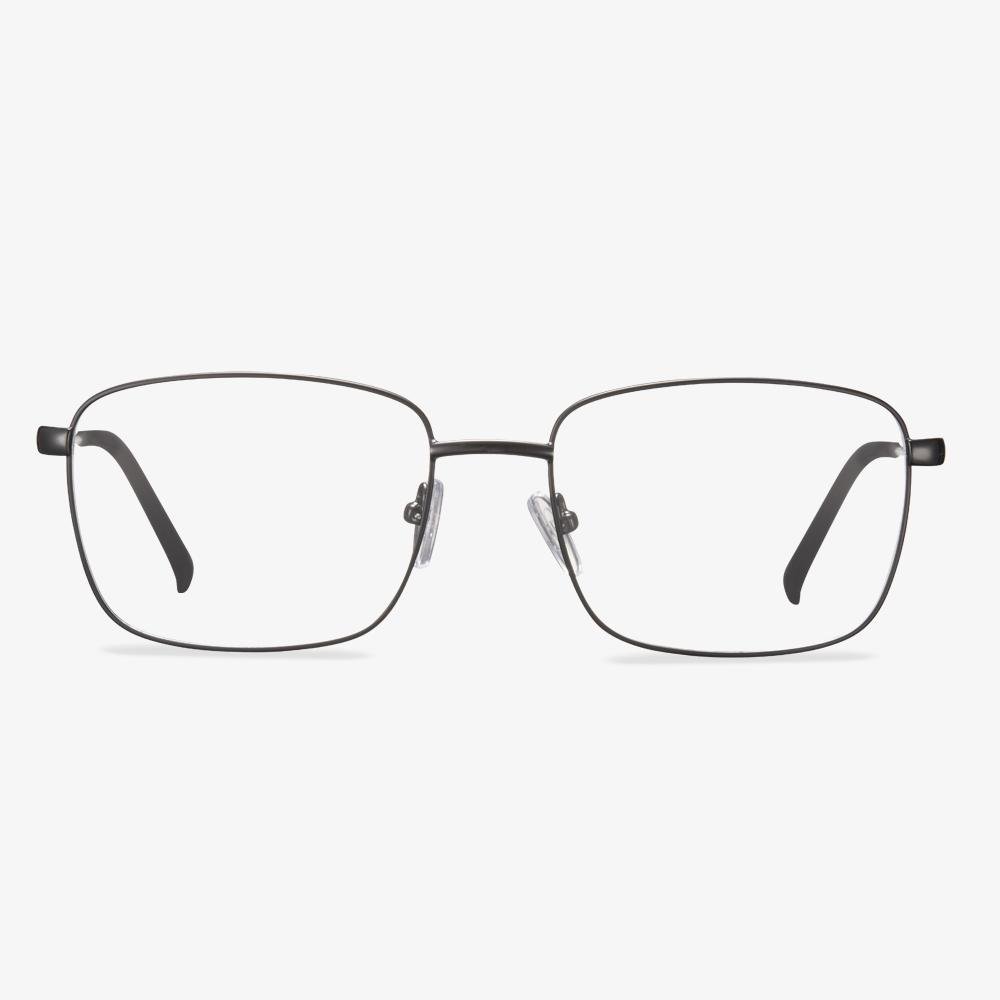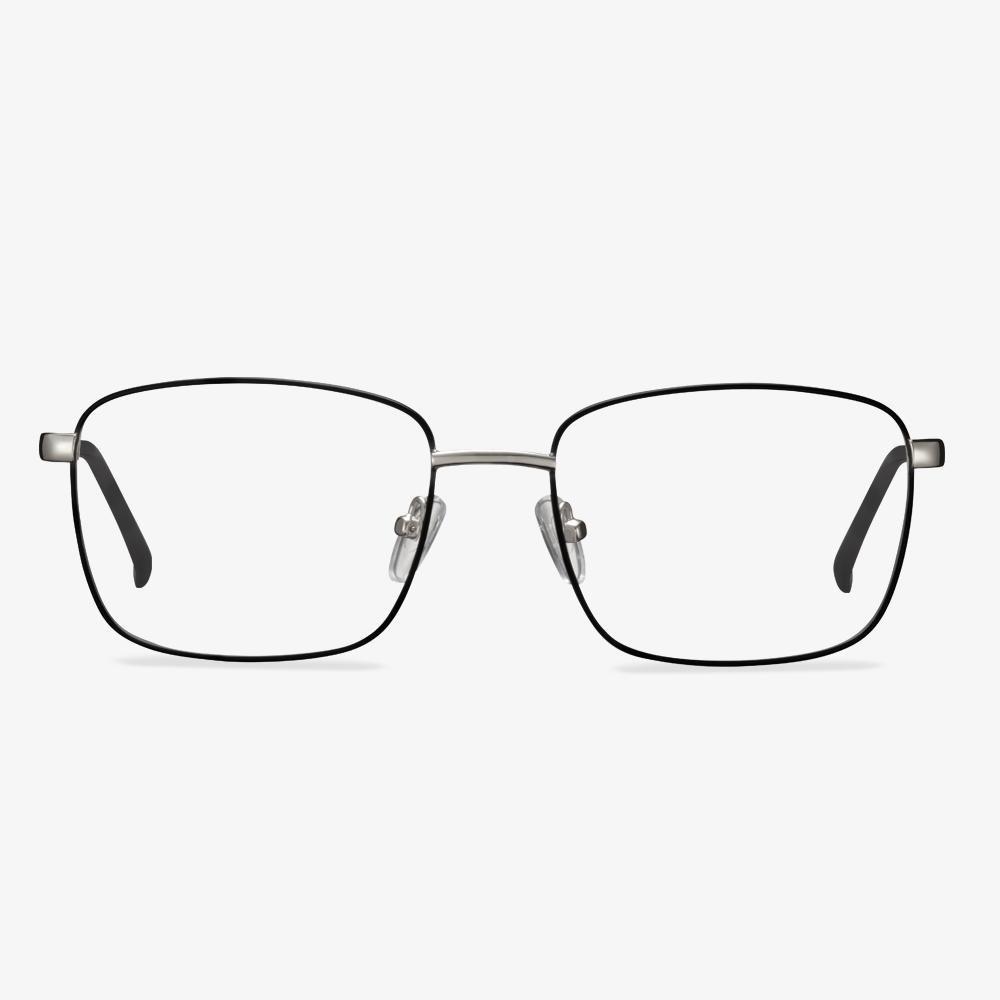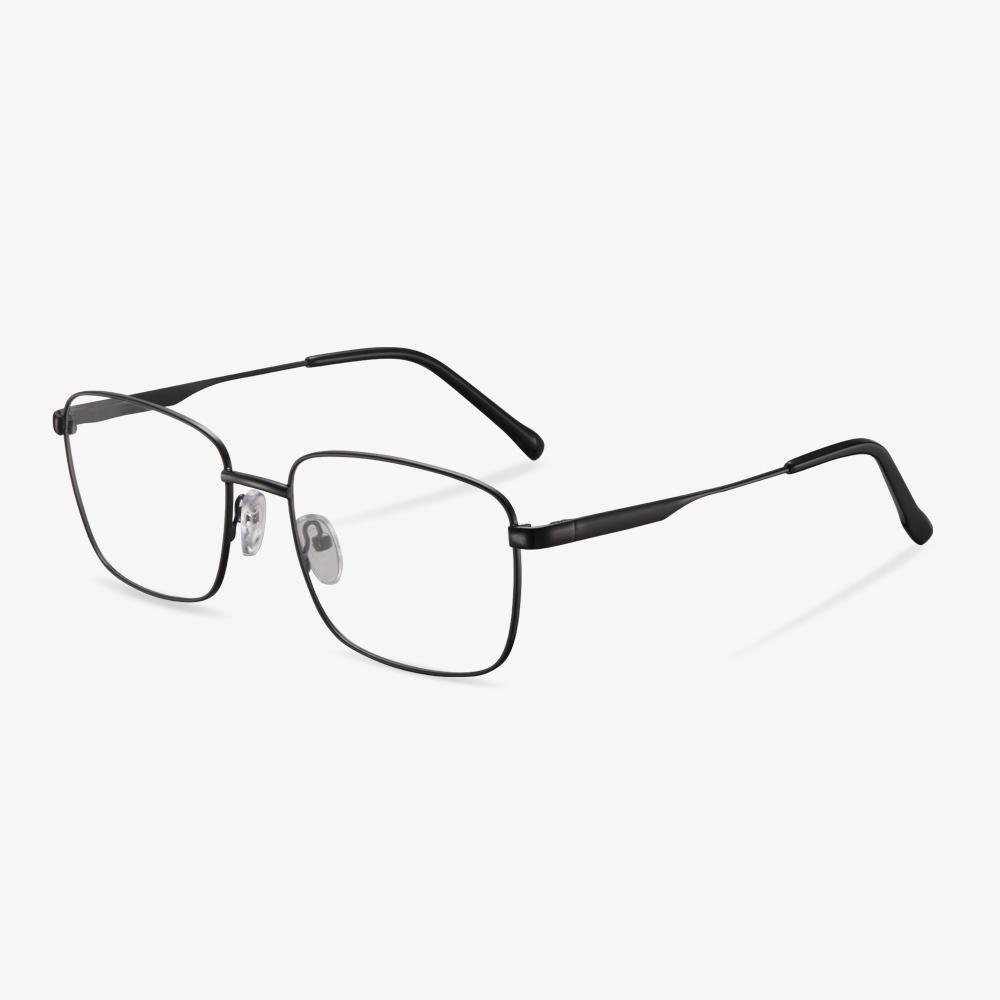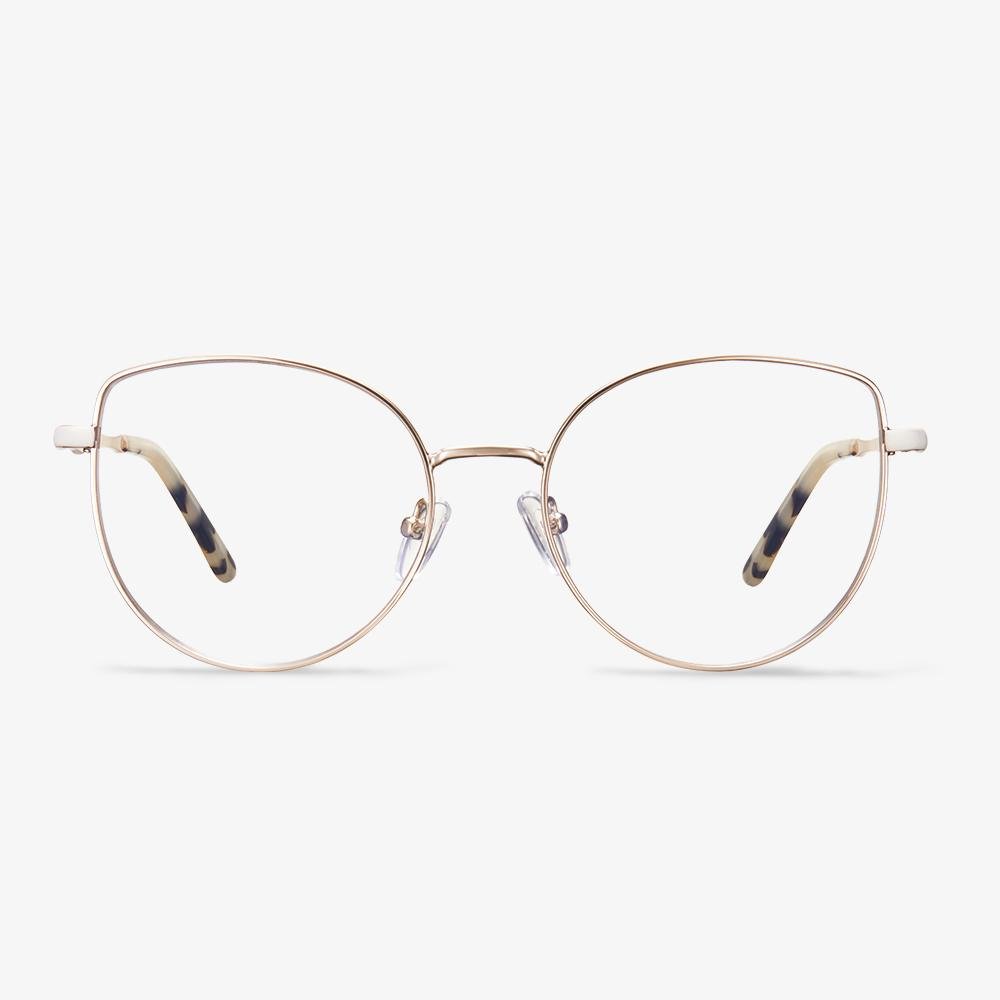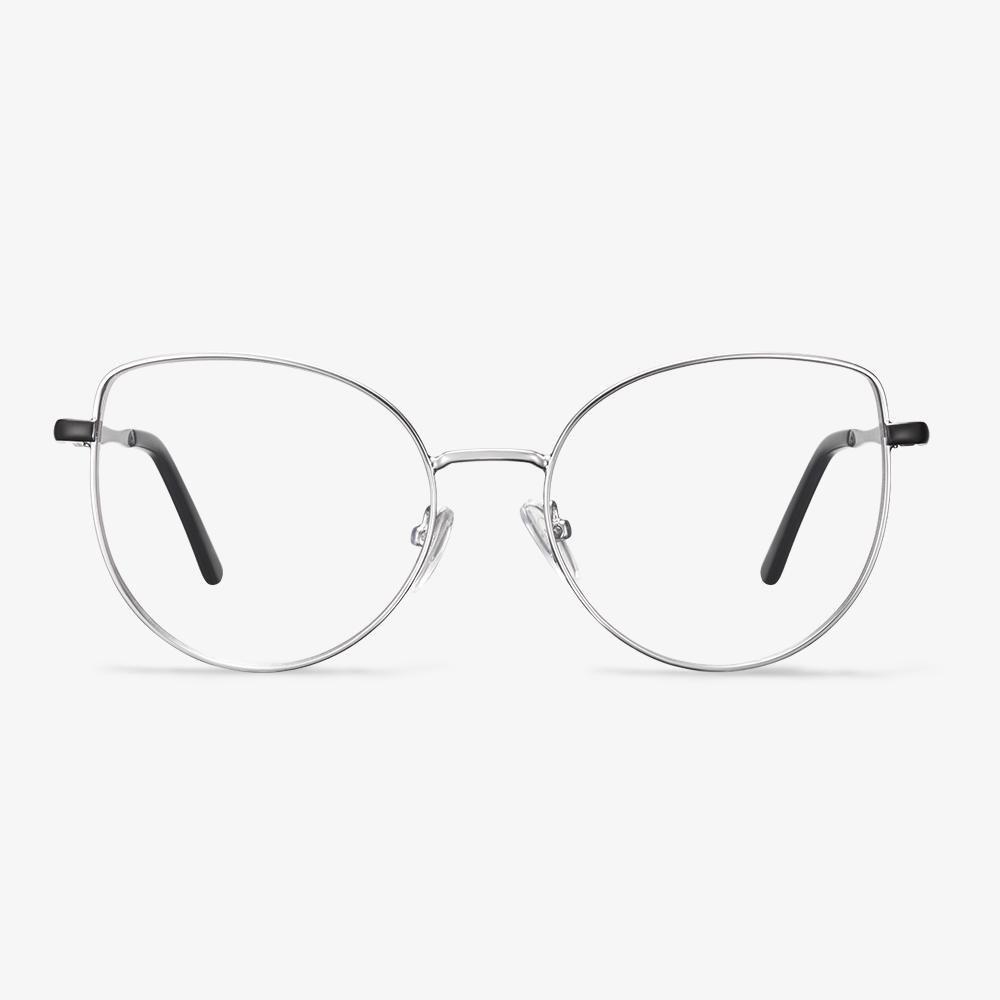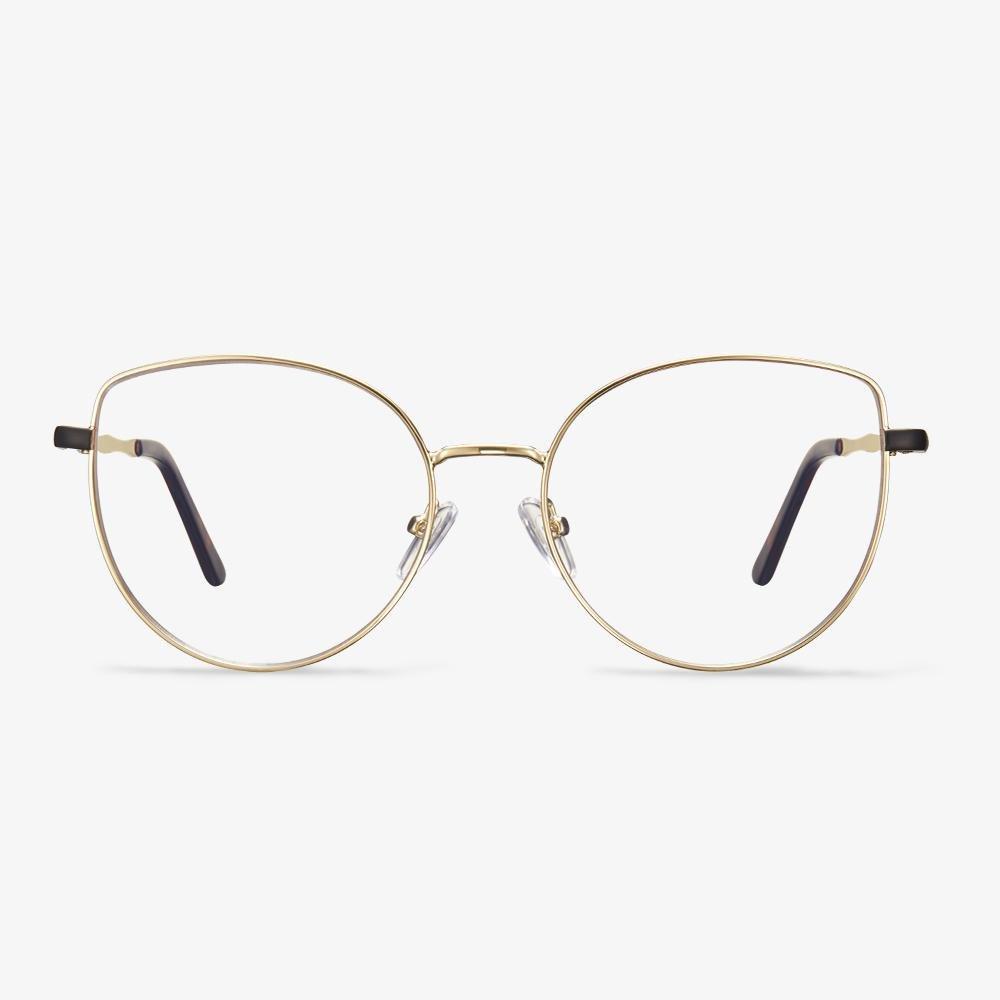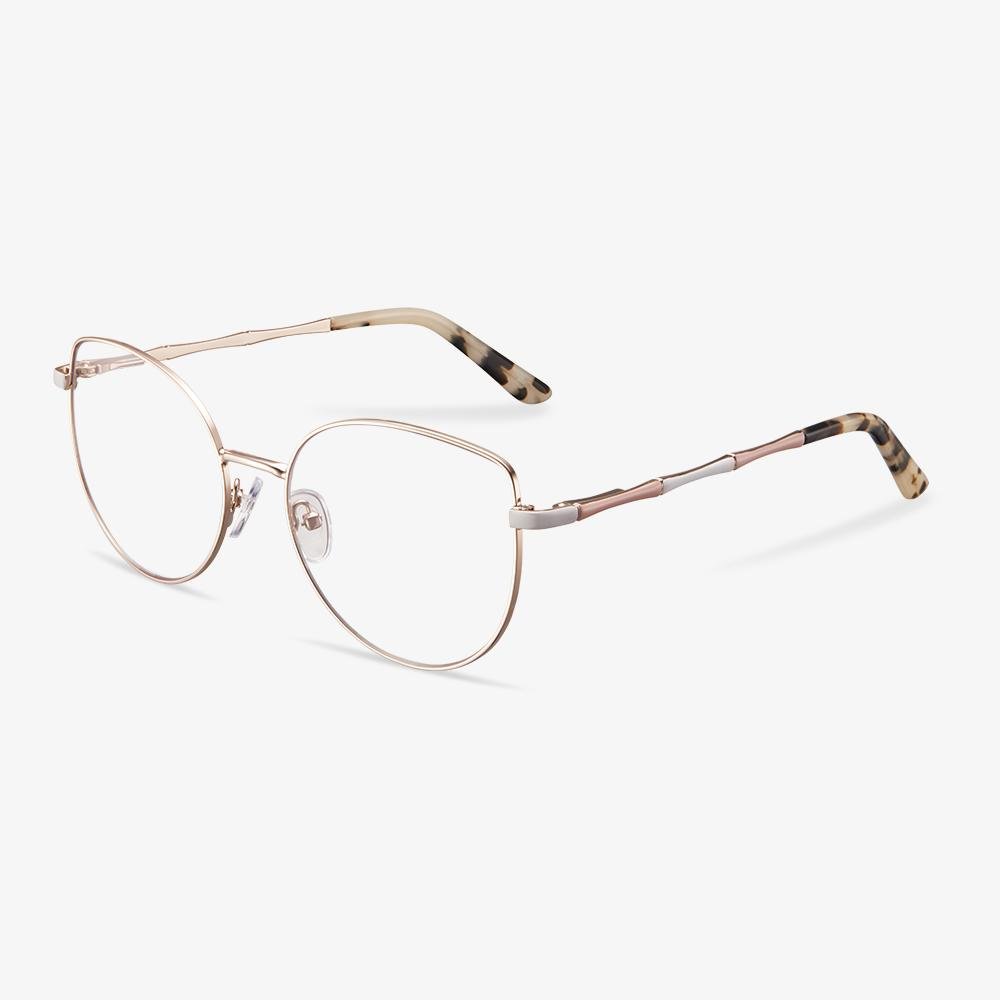Some people who wear glasses for the first time or change new glasses may encounter a problem. Although new glasses make the world cleaner, the dizziness that comes with it is also a problem.
Wearing glasses for the first time or getting a new pair with a different prescription can be an adjustment. The world suddenly becomes clearer, but it may also seem a bit different or distorted at first. Fortunately, there are several steps you can take to ease the transition and make the most of your new eyewear.
1. Be Patient and Give It Time:
The first and most important thing to remember when getting used to new glasses is to be patient. Your brain needs time to adapt to the changes in your vision. It's common to experience some discomfort or visual disturbances initially, but these typically subside as you adjust.
2. Wear Your Glasses Consistently:
To help your brain adapt faster, wear your new glasses consistently. The more you wear them, the quicker your brain will acclimate to the new visual information they provide. Avoid switching between your old and new glasses too frequently, as this can prolong the adjustment period.
3. Follow Your Optometrist's Instructions:
Your optometrist or eye care professional will provide specific guidance on how to wear and care for your new glasses. Follow their advice closely, including wearing them for the recommended amount of time each day. If they suggest a gradual increase in wear time, follow that plan.
4. Focus on Near and Distant Objects:
Practice looking at both near and distant objects with your new glasses. This will help your eyes and brain adapt to different focal points. Try reading a book, looking at a computer screen, and gazing at objects in the distance to get a feel for how your new glasses affect your vision in various situations.
5. Be Mindful of Depth Perception:
Depth perception can be affected when you switch to new glasses, especially if your prescription has changed significantly. Take extra caution when judging distances, particularly while driving or engaging in activities that require precise depth perception. As your brain adapts, your depth perception will improve.
6. Address Any Discomfort:
If your new glasses cause discomfort or pressure points on your nose or behind your ears, don't hesitate to visit your optometrist for adjustments. Ill-fitting glasses can make the adjustment period more difficult, so it's essential to ensure they fit correctly.
7. Stay Hydrated and Get Enough Rest:
Dry eyes can be a common issue when adapting to new glasses, especially if you're using a screen for an extended period. Remember to blink regularly, take breaks, and stay well-hydrated. Adequate sleep also plays a crucial role in helping your eyes adjust to new visual information.
8. Gradual Increases in Screen Time:
If you spend a lot of time looking at screens, consider gradually increasing your screen time with your new glasses. This can help reduce eye strain and make it easier to adapt to the differences in screen clarity compared to your old glasses.
9. Regularly Clean and Care for Your Glasses:
Keep your new glasses clean and free from smudges or scratches. Clean them with a microfiber cloth and an eyeglass cleaning solution recommended by your optometrist. Clear vision is essential for a smooth adjustment.
10. Communicate with Your Optometrist:
If you're experiencing persistent discomfort or visual issues with your new glasses, don't hesitate to communicate with your optometrist. They can address your concerns and make any necessary adjustments to ensure your glasses provide optimal vision.
In conclusion, getting used to new glasses is a process that requires time and patience. By following these steps and staying in touch with your eye care professional, you can make the transition smoother and fully enjoy the benefits of improved vision. Remember, your new glasses are an investment in your eye health, so taking the time to adapt to them is well worth it in the long run.











